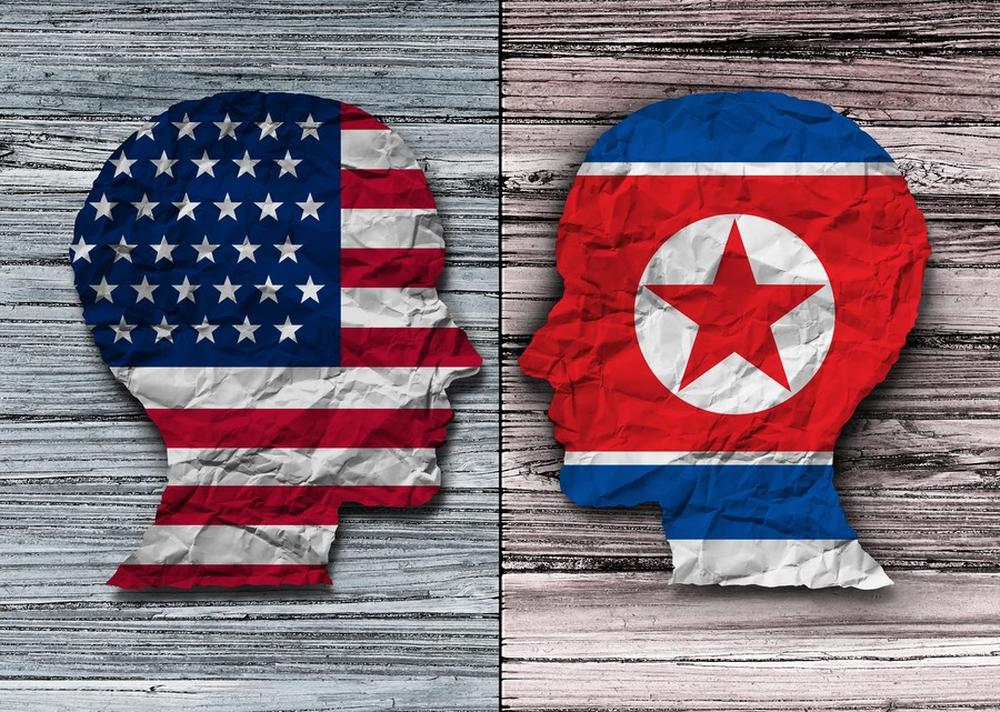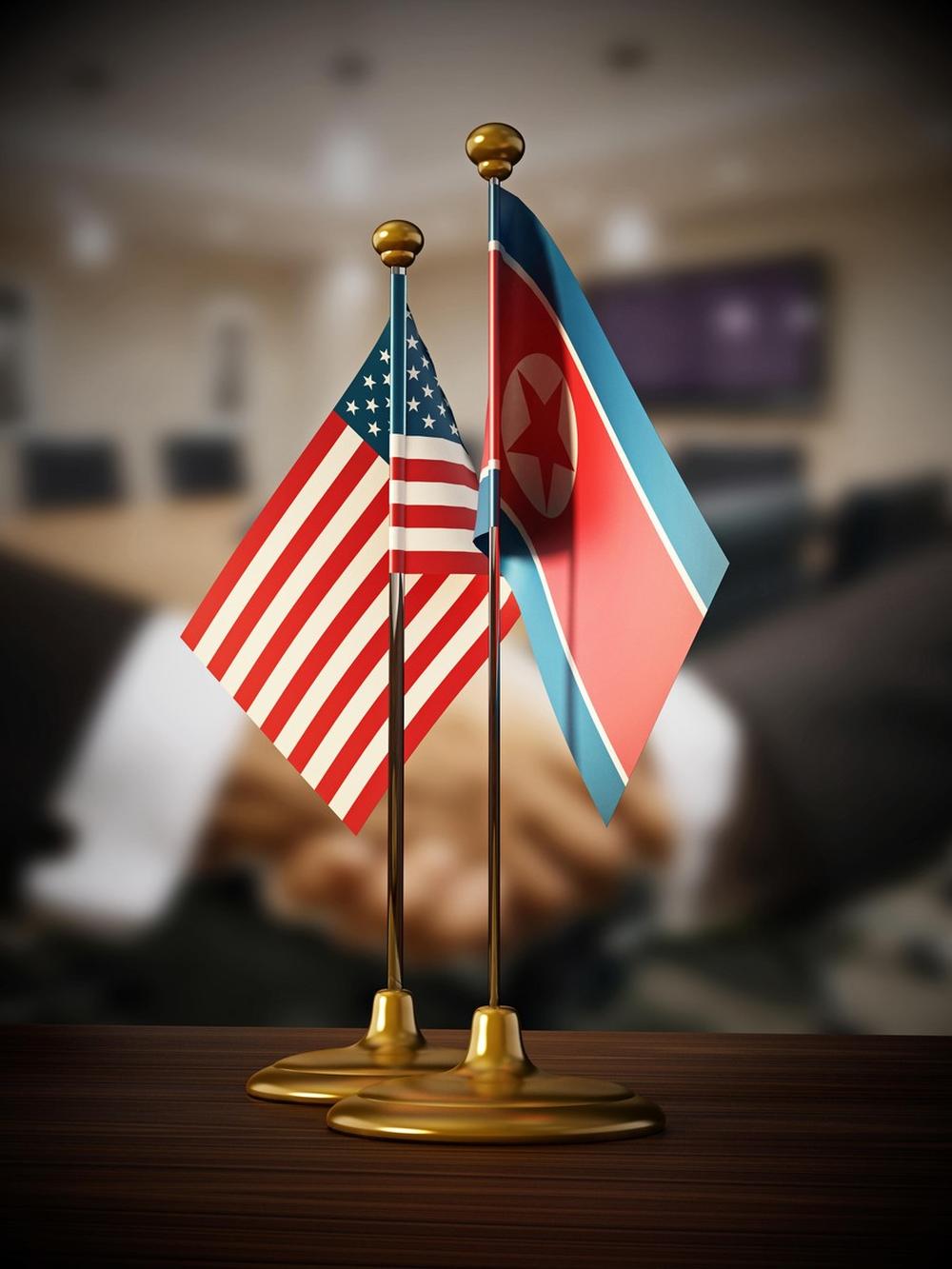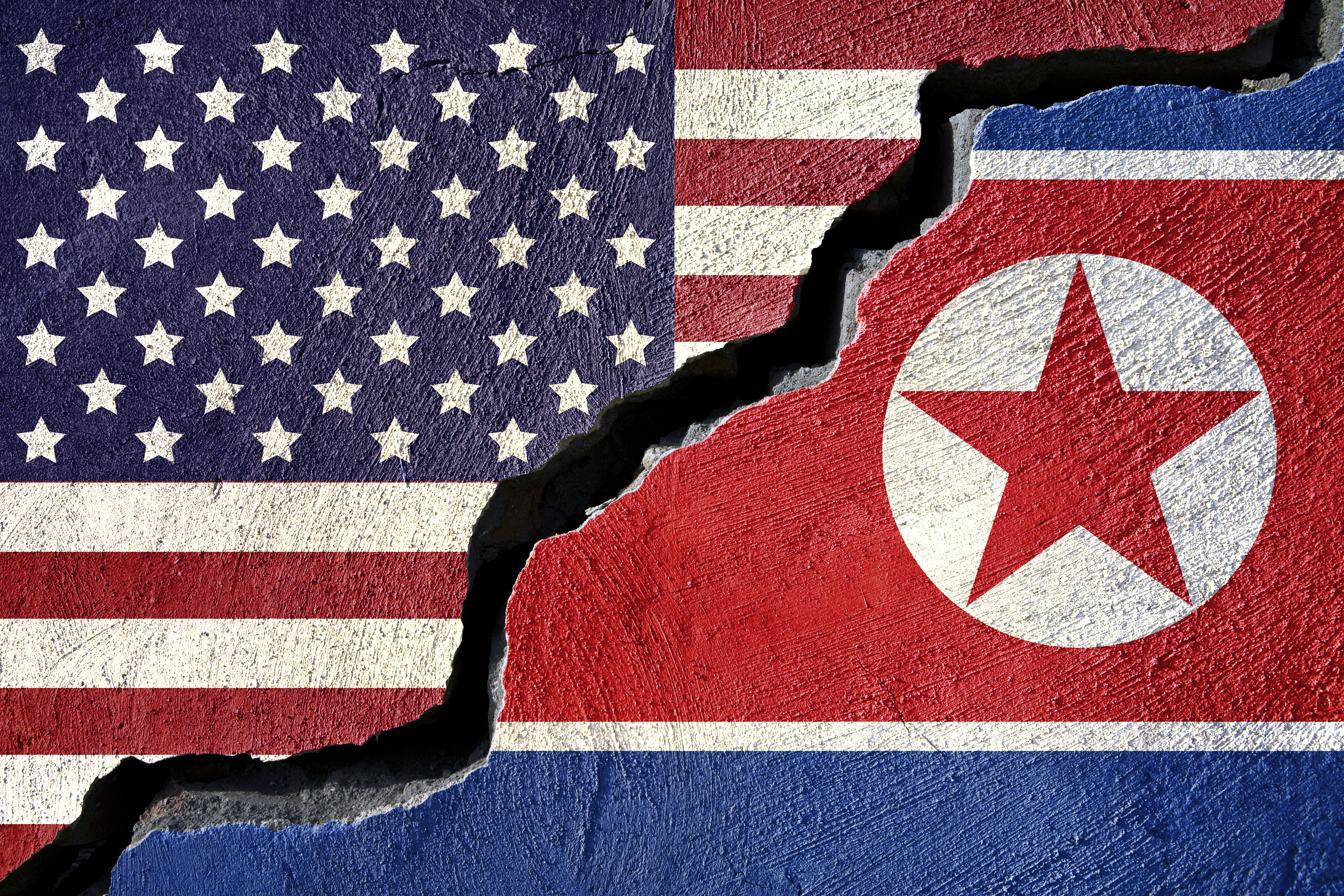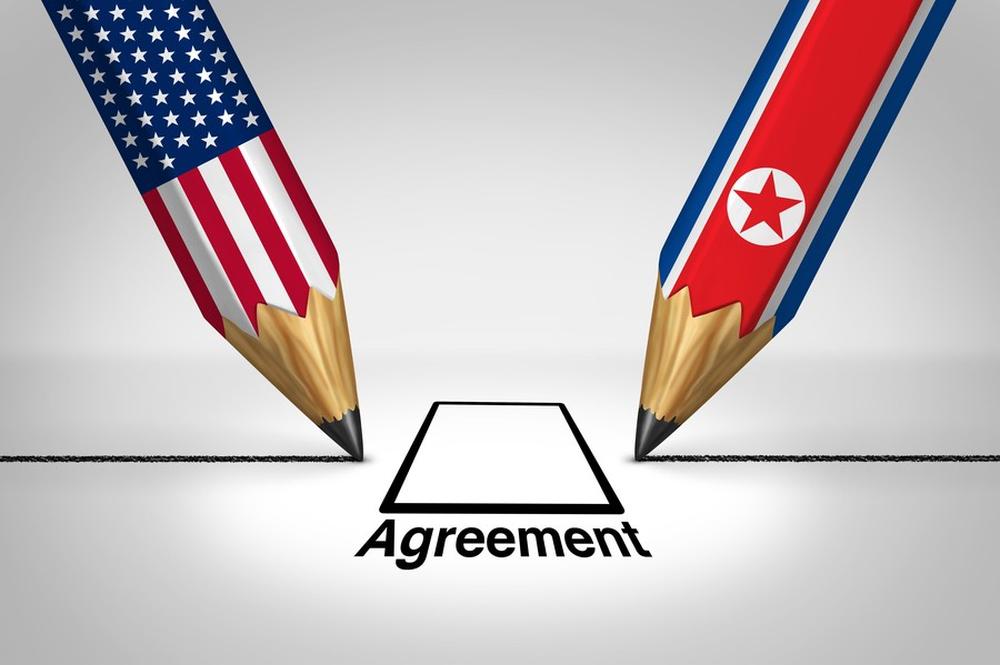- #North Korea
- #Nuclear & Missile Issues
- #Sanctions & Human Rights
- #US Foreign Policy

► Discussions on denuclearization must emphasize the “complete disposal” of North Korea’s nuclear program, articulate terms of verification, and elucidate unresolved issues with the U.S.
► The Biden administration’s approach to its nuclear negotiations with North Korea must include a detailed framework, constitute a package deal, and append a specific timeline.
The Biden administration has yet to reveal a specific direction of its approach to North Korea’s nuclear issue. The only certainty is that nuclear negotiations with the North will have to overcome problems of the past. First, U.S. interest with regard to North Korea’s nuclear weapons development has been focused on maintaining the status quo, which ended up postponing the timetable for resolving the nuclear problem. The United States, intent on preventing the situation from worsening, has focused on “future” nuclear activities. However, halting North Korea’s future nuclear activities has been very much contingent on the North’s willingness to denuclearize. Since the early stage of the Six-Party Talks, North Korea has insisted that a nuclear freeze must come first, prior to any negotiations about disposal. This attitude is unlikely to change. North Korea may also look to use a looser term than “disposal” to leave room for broader interpretation. Therefore, the initial stage of negotiations must clearly define “comprehensive nuclear disposal” as the end-state. Discussions about denuclearization must always include the emphasis on “complete disposal” of North Korea’s nuclear program. “Elimination” and “dismantlement” must also be mentioned as specific measures in the implementation process.
Second, it is important for both sides to come to a clear agreement about verification. In the case of Iran, nuclear inspections and verification were made possible by the “Additional Protocol,” which aimed to quickly verify that nuclear materials are not diverted for military purposes. Whether North Korea will give the IAEA permission to collect data on its entire nuclear technology and exports as well as undeclared nuclear sites and environmental samples is critical given that it has direct connection to complete and accurate nuclear verification. However, unlike Iran, North Korea has not signed any “Additional Protocol” and will likely reject any demand for rigorous verification. As such, both sides must approach the issue within the larger framework of building mutual trust and agree to give the IAEA the right to inspect suspicious sites.
Third, there has to be discussions about the way to deal with unresolved issues between the United States and North Korea. The two countries’ diverging interests and different preferences in terms of the order of the denuclearization process could be difficult to overcome. It is important for the United States to figure out what North Korea wants in exchange for denuclearization, whether that is normalization of relations, conclusion of a peace treaty to replace the Armistice Agreement, or economic aid.
From the very beginning, North Korea has been obsessed with issues related to its security. North Korea’s nuclear problem and the establishment of a peace regime on the Korean Peninsula are two inseparable issues. Moreover, the end-of-war declaration and security guarantees closely align with North Korea’s interest in improving relations with the United States. North Korea has long demanded that the United States withdraw hostile policies and, for the United States, providing security guarantees to North Korea remains an important issue. During the Clinton administration, sanctions relief, security guarantees, and liaison offices were among the many issues included in the agenda to improve relations with North Korea. The Six-Party Talk joint statements and implementation agreements clearly state that there is no intention to “attack or to invade” North Korea and that the United States and North Korea will engage in bilateral dialogue to normalize relations. Even during the Trump administration, the Singapore Joint Statement includes a principled agreement on improving relations and establishing a peace regime on the Korean Peninsula.
How the U.S. can provide security guarantees remains a difficult challenge because North Korea is interested in improving and sustaining US-DPRK relations via a legally binding mechanism. North Korea has insisted that a written non-aggression treaty is the only way to end the nuclear issue. Therefore, the United States should consider offering a conditional denuclearization deal that distinguishes between the point where the two sides agree on a deal and the point where the agreement becomes effective.
A bigger problem could be the potential disagreement surrounding the order of denuclearization and corresponding measures. North Korea loosely interprets section 1 of the Singapore Joint Statement on improving relations with the United States and has demanded that the U.S. withdraw hostile policies, including economic sanctions. On the other hand, since the outbreak of the North Korean nuclear problem, the United States government has preferred to resume US-DPRK dialogue and incrementally lift economic sanctions only after the nuclear issue is resolved. However, the principle of “denuclearization first, reward later” has not only incited North Korea’s discontent but also raised doubts about the reliability of the U.S. keeping its promise. In terms of the budget necessary to improve relations with North Korea, the United States will be limited to non-central measures such as humanitarian assistance and people-to-people exchanges unless it can overcome the hurdle posed by U.S. Congress. However, if the initial negotiation agenda includes even the smallest measures that can help build mutual trust, it could improve the possibility of maintaining negotiations with the North.
U.S. interests with regard to its negotiations with North Korea have always included nuclear weapons as well as their launch vehicles such as ICBMs. Immediately following the Geneva Agreed Framework, U.S. Congress tried to address North Korea’s missile threats even though the issue was not included in the agreement. In 2003, when the Six-Party Talks began as a result of the second North Korea nuclear crisis, U.S. Congress discussed potential agreement that looked to end North Korea’s missile program within the multilateral framework. During the Trump administration, Congress discussed the possibility of expanding the target of disposal to include missiles of all ranges.
During the Clinton administration, North Korea insisted that the suspension of missile production only applied to Nodong and Taepodong missiles and not to short-range SCUD missiles. It argued that the suspension of short-range missile production will only be included within the two countries’ broader discussions about U.S. security guarantees. During any future US-DPRK negotiations about reducing missile threats, North Korea will try to address its mid-to-long range missiles only. The range of missiles to be included in the negotiations will impact the Republic of Korea’s military preparedness. Given the possible discussions about mutual regulation in order to balance the Republic of Korea’s missile capabilities, prior consultations between Korea and the United States are necessary.
In reality, denuclearization is a long-term process. Threat reduction is a concept that could be applied to a phased implementation process following the agreement on the end-state. A cooperative threat reduction means solving the nuclear and WMD issues through comprehensive engagement. During this process, military programs could transform into civilian programs and other peaceful activities. Therefore, cooperative threat reduction programs such as infrastructure-building and educational training programs aimed at improving transportation/system security/nonproliferation could serve as long-term incentives for North Korea’s denuclearization.
The Biden administration’s approach to its nuclear negotiations with North Korea will have to be more detailed. Within the comprehensive agreement, there has to be a framework that delineates the scope and target of denuclearization, as well as corresponding measures. The agreement has to be a package deal that includes the date, order, and method of implementation. In terms of corresponding measures, the agreement should include specific conditional measures contingent on North Korean actions while excluding a specific timetable. This could lower the risk of North Korea’s potential defection. Forming a high-level committee that could continue to negotiate and oversee the phased-implementation process could help on the procedural side.
Dr. Jina Kim is a Research Fellow at the Korea Institute for Defense Analyses and Adjunct Professor at Yonsei Graduate School of International Studies. As Chief of the North Korean Military Affairs Division at KIDA, she specializes in US-North Korea relations and nuclear nonproliferation. At Yonsei GSIS, she teaches International Relations and Humanitarian Intervention. She is on the Advisory Committee for the Blue House National Security Office and the Policy Evaluation Committee for the Ministry of Foreign Affairs. She is also a member of the Advisory Committee for the Ministry of National Unification and the Public Information Committee of the Blue House. She previously served the Advisory Committee for the ROK-US Combined Forces Command and the Policy Evaluation Committee for the Prime Minister’s Office. Her recent publication in academic journals includes "Limiting North Korea's Coercive Nuclear Leverage" (Survival 2020) and "The Dilemma of Nuclear Disarmament" (International Spectator 2020). She recently authored Cooperative Threat Reduction and the Korean Peninsula (KIDA 2020) and co- authored New Thinking on Persistent Security Challenges in the Asia Pacific (NCAFP 2021), EU-Korea Security Relations (Routledge 2021), Korean Peninsula and Indo-Pacific Power Politics (Routledge 2020), Pathways to Peace (Hudson Institute 2020), Korea Net Assessment (CEIP 2020) and many others. She holds a PhD in International Relations from the Fletcher School of Law and Diplomacy at Tufts University.


